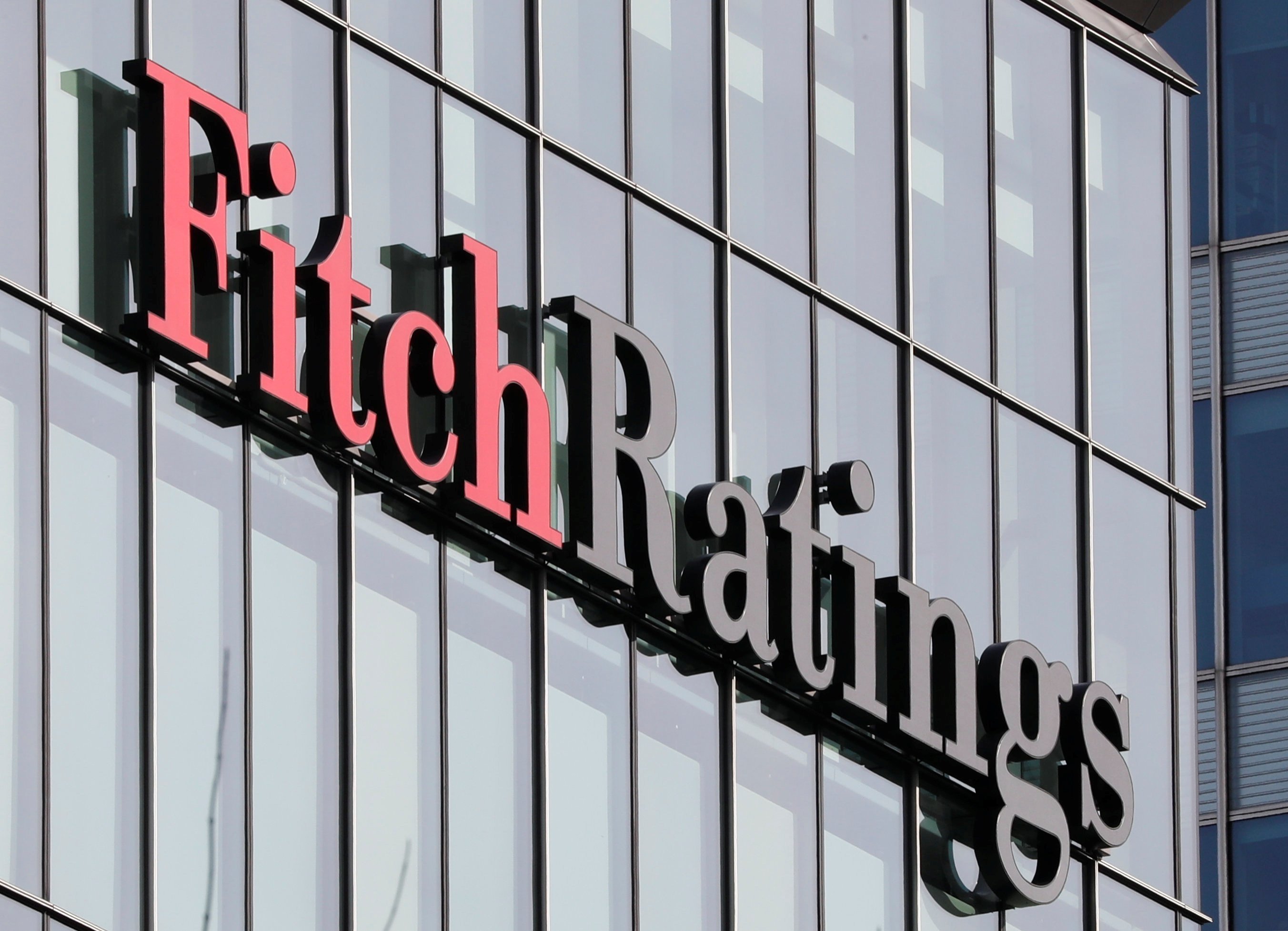Fitch Ratings, a credit rating agency, upgraded Turkey's credit rating on Friday, citing the country's recent implementation of stronger fiscal policies. This move signals a positive shift in Turkey's economic outlook after a period of financial turbulence.
The upgrade comes alongside a projected economic growth of 2.8% for Turkey in 2024. Fitch's decision elevates the country's rating from B to B+, with a positive outlook indicating a possibility for further improvement in the near future. This upgrade signifies a reduction in perceived financial risk associated with Turkey by Fitch.
The agency acknowledged Turkey's efforts to implement sounder fiscal practices, which have contributed to a more stable economic environment. These policies likely refer to measures taken by the Turkish government to manage its budget deficit and national debt. By prioritizing fiscal responsibility, Turkey has instilled greater confidence in its ability to manage its finances effectively.
Fitch's upgrade is a significant development for Turkey, which has grappled with economic challenges in recent years. The country's currency, the lira, experienced a period of depreciation, leading to concerns about inflation and overall economic stability. The improved credit rating suggests that these issues are being addressed and that Turkey's financial health is on a path to recovery.
The positive outlook assigned by Fitch indicates that further upgrades are possible in the foreseeable future. This would depend on Turkey's continued commitment to fiscal discipline and its ability to maintain a sustainable economic trajectory. Factors such as inflation control and foreign investment inflows would also be crucial in determining future credit rating revisions.
The upgrade by Fitch is likely to be welcomed by Turkish businesses and investors. A higher credit rating can lead to lower borrowing costs for the government and corporations alike. This, in turn, can stimulate economic activity and investment. Additionally, an improved credit rating enhances Turkey's attractiveness as a destination for foreign capital, potentially leading to increased foreign direct investment.
While the upgrade is a positive step, challenges remain for the Turkish economy. Addressing structural issues such as high unemployment and a reliance on external financing will be crucial for sustained economic growth. The government will also need to navigate geopolitical uncertainties that could impact its economic performance.
Overall, Fitch's decision to upgrade Turkey's credit rating reflects growing confidence in the country's economic management. The positive outlook signifies the potential for further improvement, but continued commitment to fiscal responsibility and structural reforms will be essential for Turkey to solidify its economic recovery.

